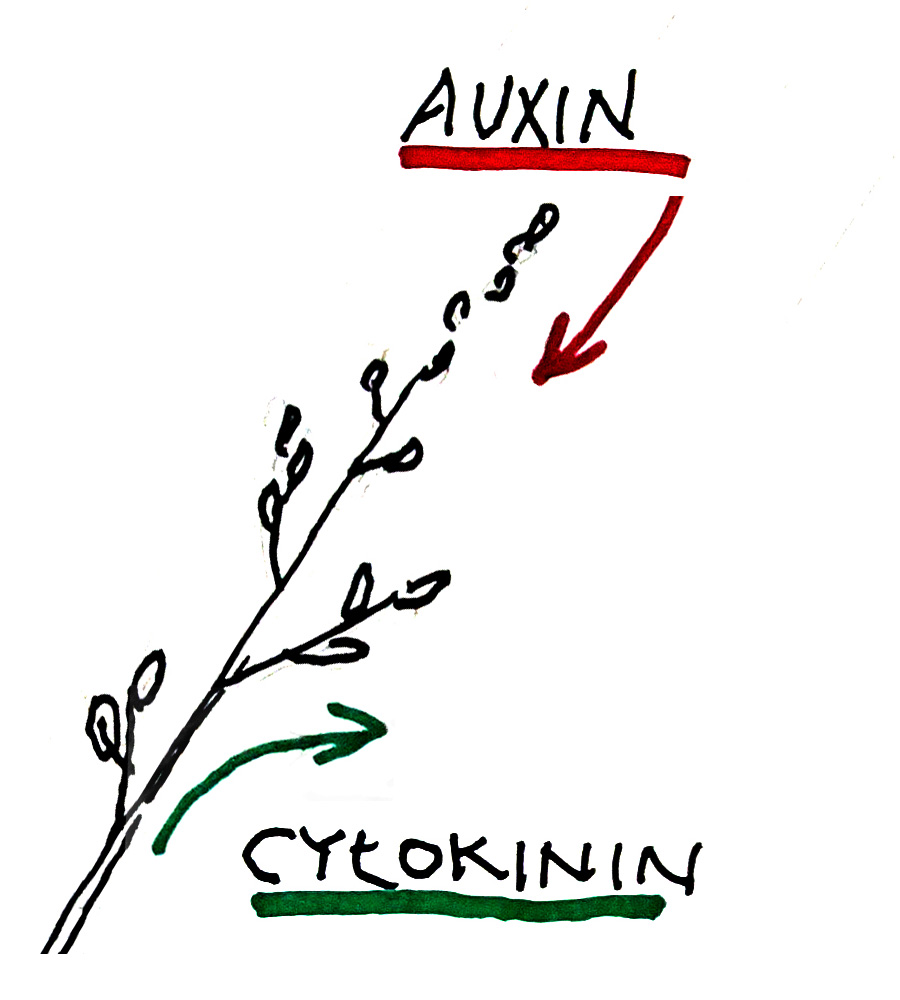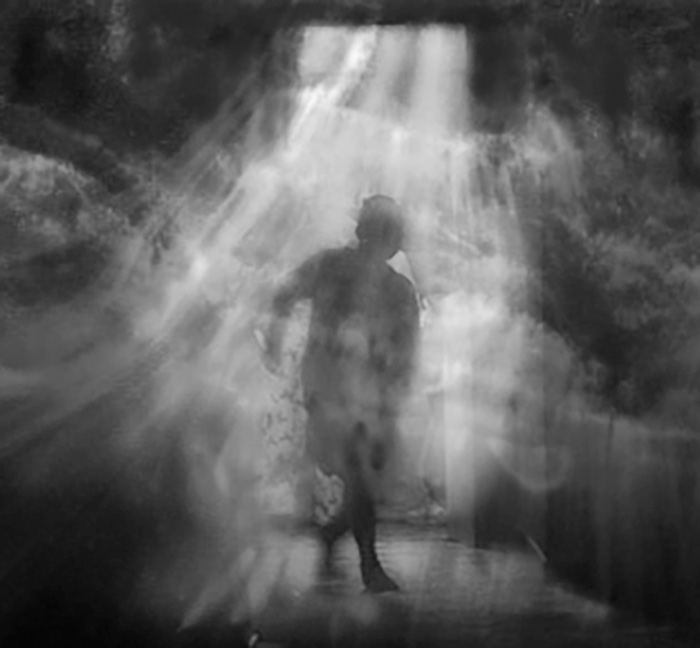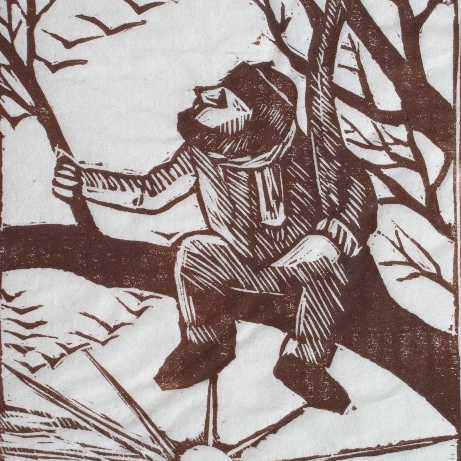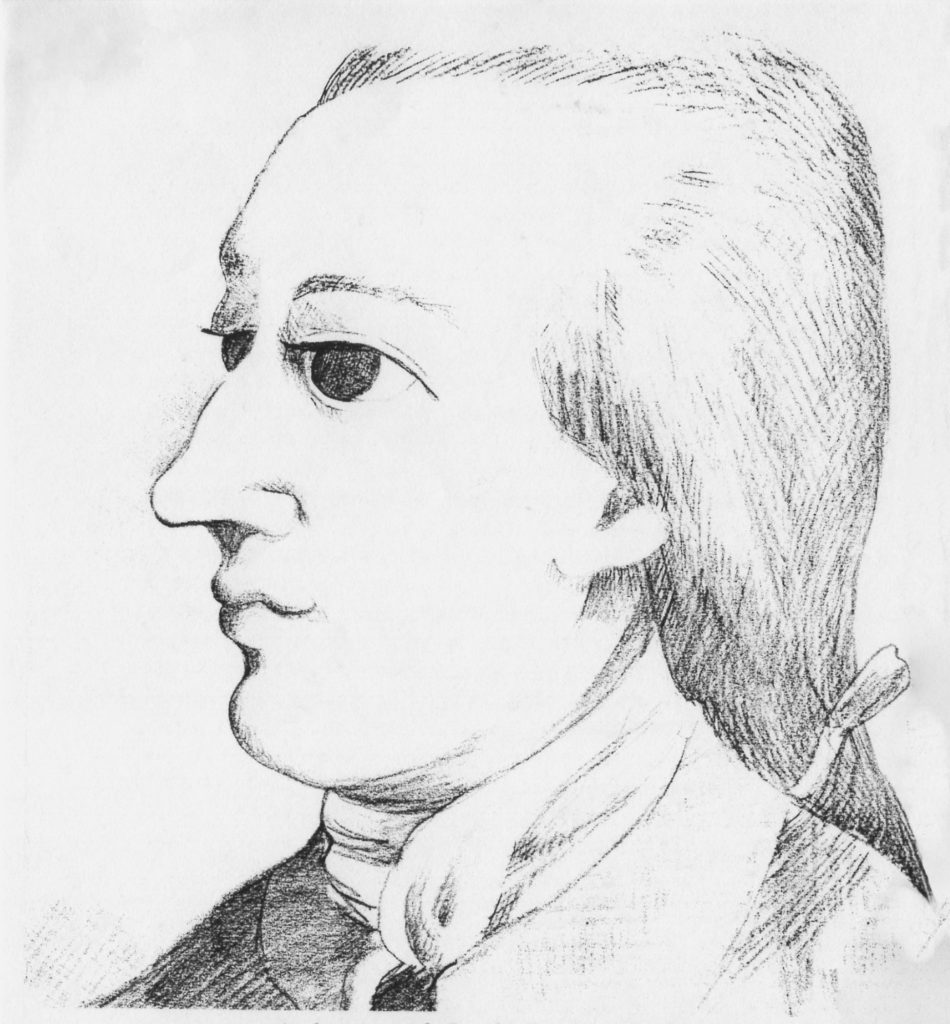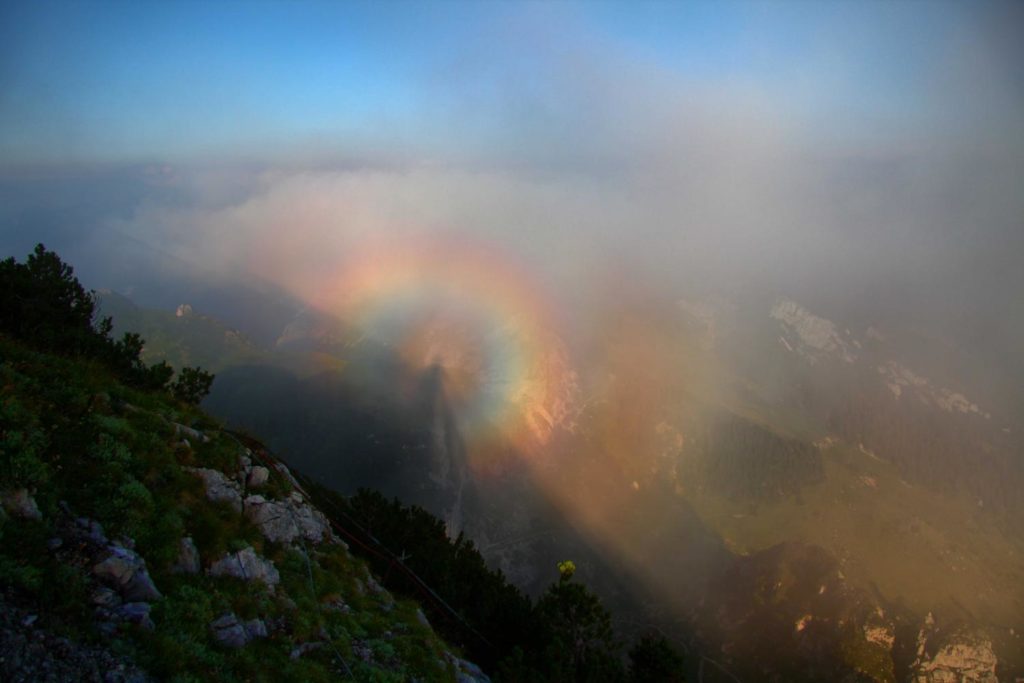Rhythmical Pruning and Spraying to Enhance Medicinal and Culinary Properties
In the growth of medicinal and culinary plants the balance between two fundamental hormonal influences is a valuable key to enhancing both medicinal properties as well as aromatics and flavour in culinary plants. Most plants are apically dominant. That means that the terminal buds on each branch determine the branching and shooting form of the…
Read MoreStudy Notes for Membrane Transport (For making your own liposomal sprays)
Liposomes can trap both hydrophobic and hydrophilic substances and unstable compounds (for example, antimicrobials, antioxidants, flavors and bioactive elements). Proteins creating transport channels across phospholipid membranes, mitochondrial and chloroplast inner membranes require more proteins for transport. (Egg yolks have proteins as well as lipids. Egg lecithin is useful for production of liposomes it produces more…
Read MoreThe Book of Trials: On the Path to Seeing the Nature of Spirit
All those who seek to understand the world through the workings of spirit will meet the Guardian of the Threshold, who shows us our own true inner nature, the noble and the ignoble. To cross the threshold from the physical world into the spiritual as a practice of initiation, we are presented with trials through…
Read MoreTurning Living Nature Imagination Inward
Thank you for your replies to this series on Goethe, phenomenology, and the etheric. I’m so pleased at the interest As I alluded to in my last email, it’s time to turn this way of seeing back on ourselves and peer at our own soul activity. While Goethe refined this way of seeing into nature, Rudolf…
Read MoreEtheric Vision
In the inner work of developing your consciousness, there is a stage of development called “etheric vision”. This concept is found in many forms in the work of Rudolf Steiner. To form an idea of this, it is useful to look at the work of Goethe known as phenomenology, or the perception of phenomena. This…
Read MoreTechniques for Transforming Dreaming
The technique of transforming dreaming is to saturate the going into sleep and the waking up times with as much attention and devotion as possible. For this reason Rudolf Steiner has given a number of very useful exercises and indications concerning these times of day. The fundamental idea however is not that there is a…
Read MoreThe Power of Belief – Some thoughts for the New Year
That which dominates our imaginations and our thoughts will determine our lives, and our character. Therefore, it behooves us to be careful what we worship, for what we are worshipping we are becoming. ~Emerson Human beings have a fundamental need to believe in something. Beliefs are generally divided into two categories, immanent and transcendent. These…
Read MoreGoethe’s Living-Nature Imagination
Those who have tried to grasp and not merely read about the nature-consciousness developed in Goethe, know how elusive this child of the 18th century can be. For no sooner do you grasp what appears to be a limb (or branch), then at once the fragile form disappears. You hold in your hand something akin to the carbon structure of the thing or a burnt etching, but the living experience awaits the next effort of perception.
Read MoreMeeting with the spirit during the Holy Nights
There is an exercise that is a blend of two indications from Rudolf Steiner regarding Christmas day in particular and the twelve Holy Nights in general. The particular reference was about a meeting in the spirit of those souls on the path founded by Christian Rosencreutz. On Christmas day there is traditionally a meeting in…
Read MoreColors of the Sunrise: Light, Darkness and the Atmospheric Dance of the Soul
[Republished from the Journal of Anthroposophical Medicine Vol.9 1992] From a mechanical point of view the motion of the earth as it revolves around its axis brings into being the diverse set of phenomena known as the sunrise. From a more poetic point of view the sunrise is a rune of high significance for human…
Read More